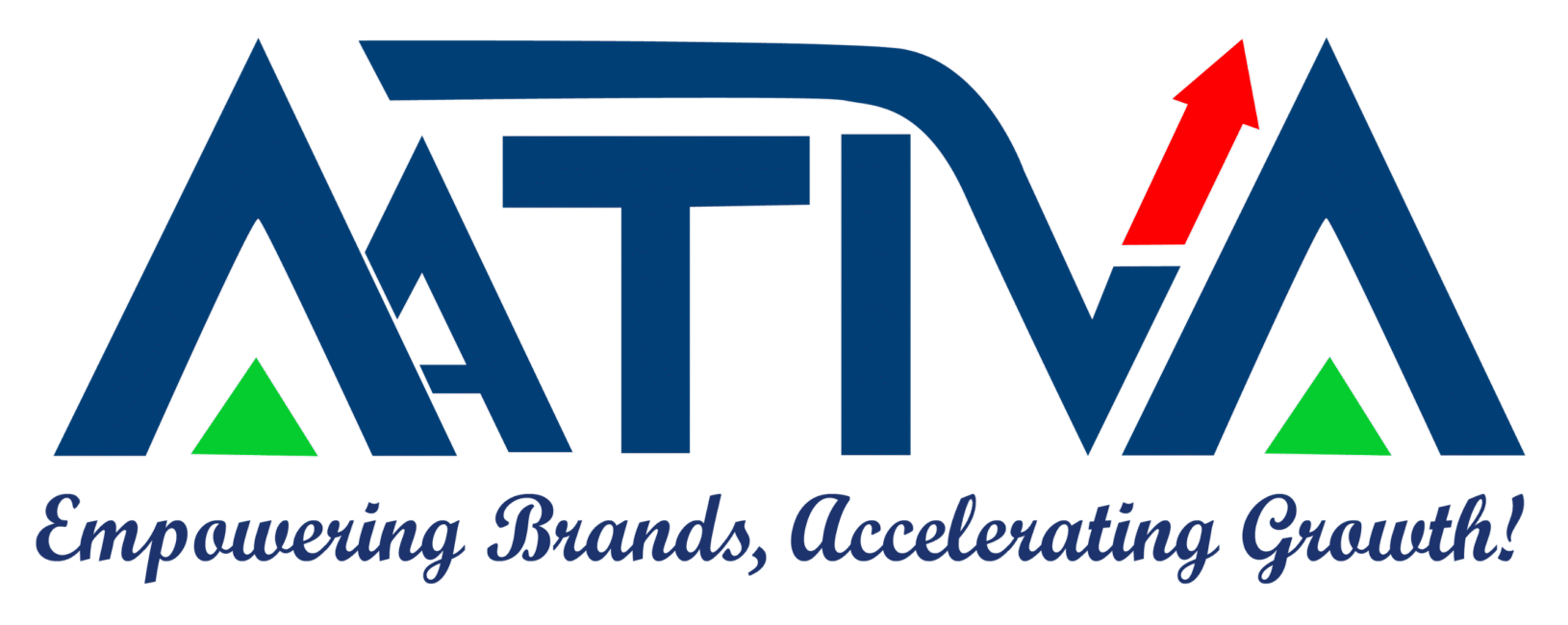Search Engine Optimization (SEO) is a constantly evolving field, with search engines regularly updating their algorithms to deliver the best results to users. Staying ahead of these changes is crucial for maintaining and improving your website’s visibility. Here are the key SEO strategies to master in 2024.
1. Embrace AI and Machine Learning
Artificial Intelligence (AI) and Machine Learning (ML) are transforming SEO. Google’s AI algorithm, RankBrain, plays a significant role in ranking search results. To stay ahead:
Optimize for User Intent: Understand and anticipate the searcher’s intent behind keywords. Use tools like AnswerThePublic and Google’s People Also Ask section to find out what questions your audience is asking.
Leverage AI Tools: Use AI-powered tools like Clearscope or MarketMuse to create content that aligns with what search engines are looking for.
2. Focus on Core Web Vitals
Core Web Vitals, introduced by Google, are essential metrics for measuring user experience. These include:
Largest Contentful Paint (LCP): Measures loading performance. Aim for an LCP of 2.5 seconds or faster.
First Input Delay (FID): Measures interactivity. Aim for an FID of less than 100 milliseconds.
Cumulative Layout Shift (CLS): Measures visual stability. Aim for a CLS score of less than 0.1.
Improving these metrics can significantly boost your site’s performance and rankings.
3. Prioritize Mobile-First Indexing
With the majority of searches happening on mobile devices, Google predominantly uses the mobile version of the content for indexing and ranking. Ensure your site is mobile-friendly by:
Using a responsive design.
Ensuring fast loading times on mobile.
Simplifying navigation for mobile users.
4. Optimize for Voice Search
Voice search is becoming increasingly popular with the rise of smart speakers and voice assistants. To optimize for voice search:
Use Conversational Language: Incorporate natural, conversational language that mirrors how people speak.
Focus on Long-Tail Keywords: Voice searches tend to be longer and more specific.
Create FAQ Pages: Answer common questions your audience may ask.
5. Produce High-Quality, Long-Form Content
Content remains king in SEO. However, the emphasis is on quality and depth. Long-form content (typically over 1,500 words) tends to rank better. Ensure your content is:
Informative and Valuable: Provide comprehensive answers and insights.
Well-Structured: Use headings, subheadings, bullet points, and numbered lists to improve readability.
Backed by Data: Support your content with credible sources, statistics, and case studies.
6. Strengthen Your Backlink Profile
Backlinks from reputable websites signal to search engines that your content is trustworthy and authoritative. Strategies to build quality backlinks include:
Guest Blogging: Write high-quality guest posts for reputable websites in your niche.
Outreach: Reach out to influencers and bloggers to share your content.
Content Marketing: Create shareable infographics, videos, and original research.
7. Enhance On-Page SEO
On-page SEO involves optimizing individual pages to rank higher and earn more relevant traffic. Key elements include:
Title Tags and Meta Descriptions: Include target keywords and ensure they are compelling.
Header Tags (H1, H2, H3): Use these to structure your content and include keywords where appropriate.
Alt Text for Images: Describe images using relevant keywords to help search engines understand the content.
8. Utilize Structured Data
Structured data helps search engines understand your content better and can enhance your search presence with rich snippets. Use Schema.org markup to provide context to your content.
9. Focus on E-A-T (Expertise, Authoritativeness, Trustworthiness)
Google emphasizes E-A-T for content quality evaluation. To boost your E-A-T:
Show Expertise: Highlight credentials and experience of content creators.
Build Authoritativeness: Get mentions and backlinks from authoritative sites.
Ensure Trustworthiness: Use secure HTTPS connections, and display clear privacy policies and contact information.
10. Monitor and Adapt
SEO is not a set-it-and-forget-it strategy. Regularly monitor your site’s performance using tools like Google Analytics, Search Console, and third-party SEO tools like Ahrefs or SEMrush. Adapt your strategies based on data and algorithm updates.
Conclusion
Mastering SEO in 2024 requires staying updated with the latest trends and best practices. By focusing on user experience, embracing new technologies, and consistently producing high-quality content, you can improve your site’s visibility and stay ahead of the competition. Keep learning, stay flexible, and remember that SEO is a marathon, not a sprint.

